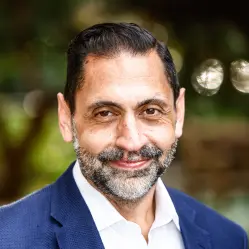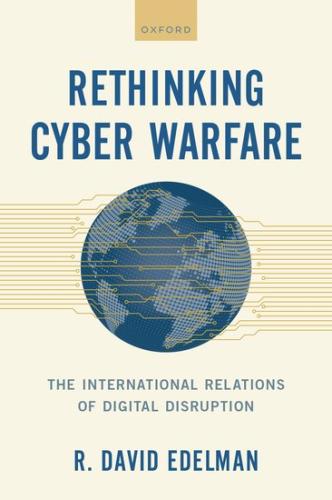On February 9, Brookings Metro David M. Rubenstein Fellow Carlos Martín testified to the U.S. House Select Committee on Economic Disparity and Fairness in Growth, during a hearing titled “Connecting Americans to Prosperity: How Infrastructure can Bolster Inclusive Economic Growth.”
Martín’s testimony focused on the policy imperative of fairness through all dimensions of equity in current and future infrastructure policy, including the recently enacted Infrastructure Investment and Jobs Act.
Martín’s research, as detailed in his written testimony, has focused on a broad range of environmental, social, and economic disparities that result from past physical infrastructure, as well as ways to redress these in future policy. Martín’s testimony relayed five fundamental points:
- The evidence of economic disparities from past infrastructure is overwhelming. Stories of displaced families, blighted local businesses, pollutant-exposed households, and exclusion from transport, clean water, and other services have been a shameful part of infrastructure’s history.
- There are many infrastructure systems, and each has its own historical cases of unfair practices. Along with traditional systems (like transportation), ecosystems, climate adaptation, cybersecurity, and housing are critical physical infrastructure that produce distinct economic outcomes and inequities.
- There are many ways in which infrastructure disparities take form. Martín’s work considers six fundamental dimensions of equity, each of which can inform policy. These include: understanding the geography of past unfair infrastructure as a means to prioritize those harmed communities for new resources; requiring authentic community engagement while monitoring hiring and contracting; and assessing disproportional long-term impacts on health and possessions to all stakeholders.
- There are examples of infrastructure’s attempts at fairness from which to draw lessons. Common elements of these include the intentional identification of underserved communities in project scope, extensive community participation, and collaborations that yield “co-benefits.”
- Low-income communities also need technical resources. Communities, especially rural ones, need knowledge in addition to money—particularly, to integrate urban and rural infrastructure better and bring regional economies together.
Infrastructure that is not equitable, as Martín emphasized in his testimony, is inequitable. All levels of government and private sector providers must ensure that the rules for building and maintaining infrastructure are fair for everyone. Federal guidance is needed to set that fair playing field for future growth now—not to keep up a pretense that it was fair in the past.
To read Martín’s full testimony, click here. To watch the testimony video, click here.




Commentary
TestimonyFairness and equity in infrastructure policy
February 15, 2022